By Kate O’ Sullivan, Communications Officer, Save The Children
In this undated file photo, Palestinian children attend a class at the UNRWA elementary school in Shati refugee camp in Gaza.
RAMALLAH
I regularly get the chance to sit and talk to Palestinian children and without fail, I learn something new.
From a 10-year-old budding poet reciting his latest works to a young student proudly recounting how she persuaded her family to let her get training outside her traditional, rural community – everywhere I go, articulate intelligent and very sweet children and teenagers tell me their stories.
The drive to learn
Literacy rates in the Gaza strip are around 96%; education is seen as something everyone has a right to and parents push their children to work hard in hope of a better future.
Last November when I was in Gaza, I saw candles painted on walls everywhere. I was told they represent students studying by candlelight when the power goes out every day.
Sumoud means steadfast
Sumoud is another thing children here have taught me: a Palestinian word for being steadfast, just keeping going despite everything.
Children in the Gaza strip face massive obstacles to getting an education, some seemingly overwhelming. Sumoud for sure, but how steadfast can a child be?
Poverty causes children to drop out of school, and the psychological pressure of living under the blockade isn’t conducive to learning.
Gaza has a young population – and an education system at crisis point. That is before we even talk about the current situation.
A school shortage made far, far worse
There was already a shortage of 200 school buildings.
Now, 219 existing schools need repair or reconstruction, including at least 22 that have been completely destroyed.
As of 21 August, 475 children have been killed and more than 370,000 who have experienced death, injury or displacement urgently need psychological support.
Back to school day
Almost half a million children [were] meant to return to school on 24 August but schools cannot reopen.
Hundreds of thousands of internally displaced people are still taking shelter there;100,000 of them have no home to go back to and more than half of those are children.
But Gaza’s children need to go to school.
They have a right to an education, and they have a right to feel safe, to meet their friends, and regain some sense of normalcy.
Returning to ‘normal’ in Gaza will be hard enough after what they have witnessed but schools can have an important role in that, bringing children together to play, talk and learn.
Ceasefire now
Children in Gaza need a long-term ceasefire that ends the violence and the blockade.
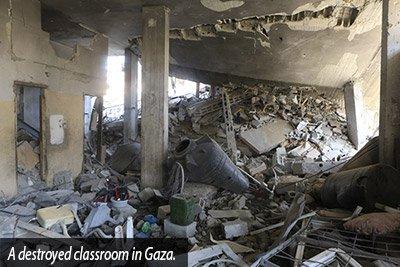
Maher, our Education Officer there, told me that schools cannot open until at least two weeks after a ceasefire has been declared.
He is worried about his eldest daughter, who is going to school for the first time soon.
“In the beginning, I kept my children away from the TV. But I had to take 21 people – my extended family, who had to flee their homes – into my house, and they talked about what was happening.
“My daughter started asking me why children were being killed, why the zoo was hit, why schools were being hit.
“I have no answers for her. I do not want my child going to school for the first time being afraid.
“We need this to end, and we need the schools to open, so we can we do psychosocial activities for children and teachers.
“How else can we reach such large numbers of them? It is overwhelming but inshallah, we will succeed. We have to.”
– Excerpt from September Issue
SUBSCRIBE
Limited free articles. Subscribe for full access.

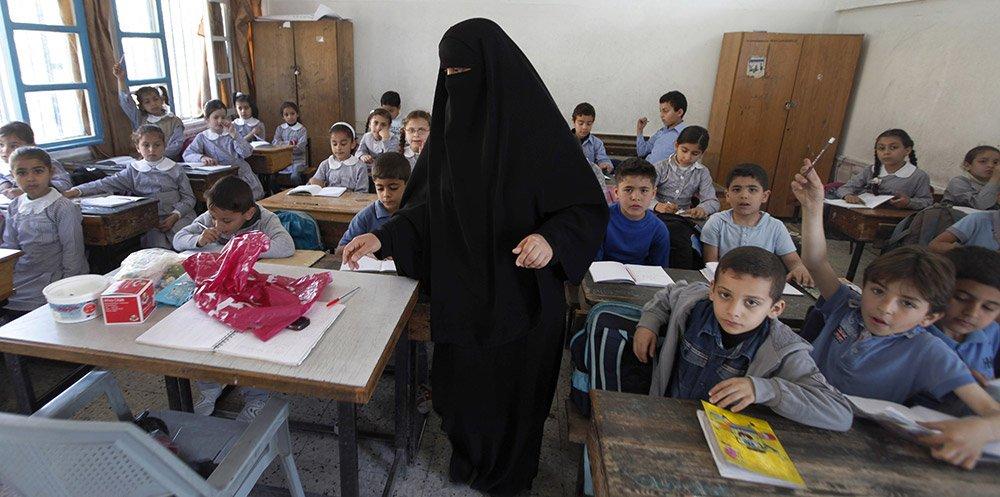
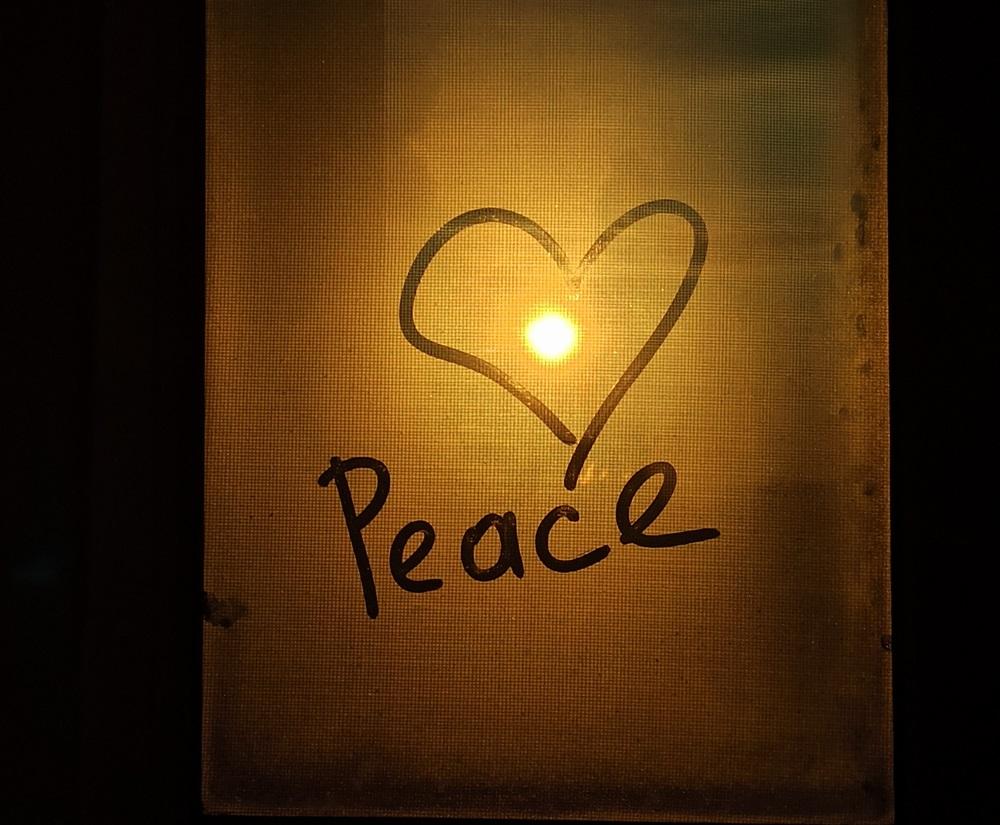
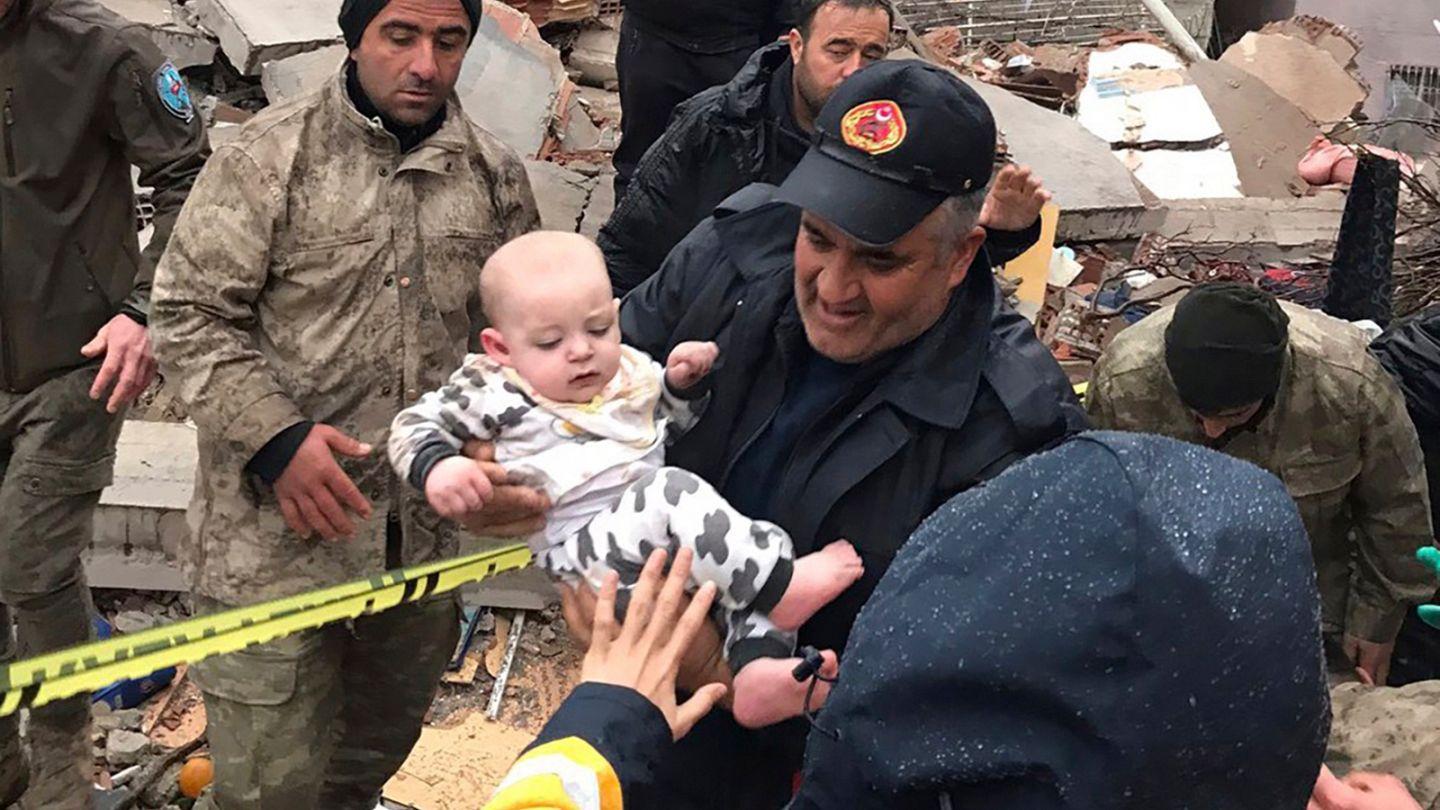
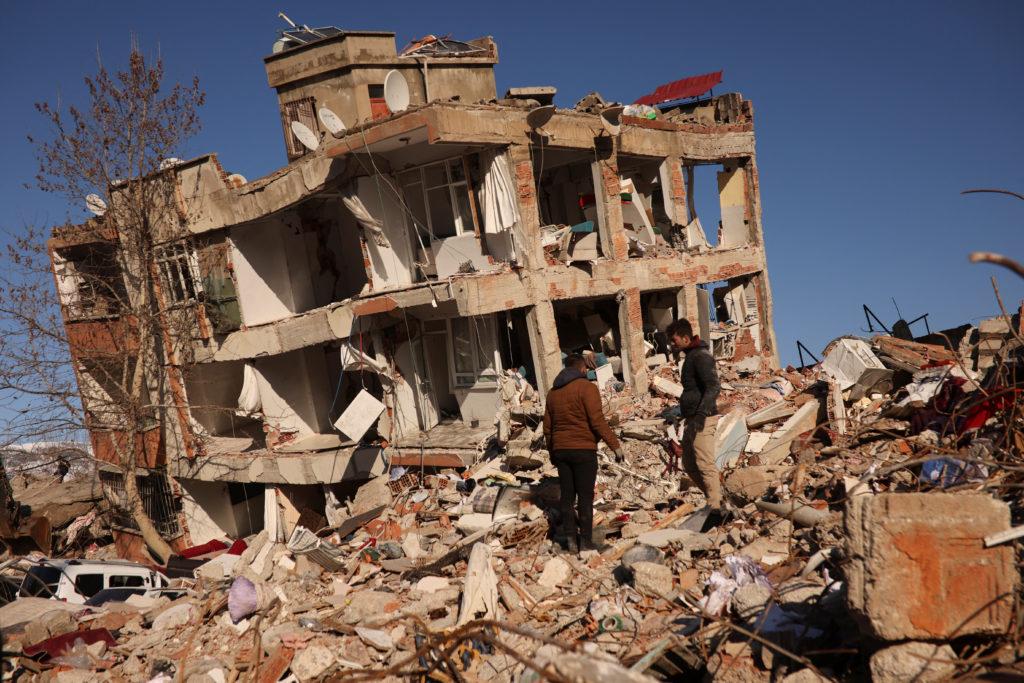
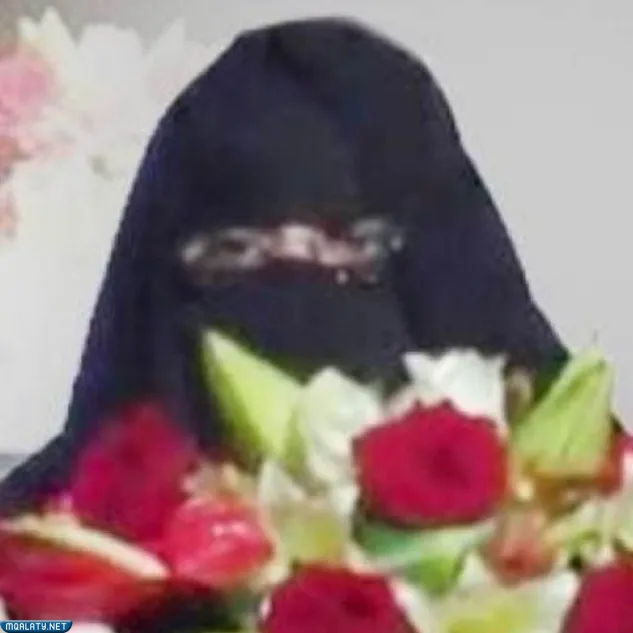
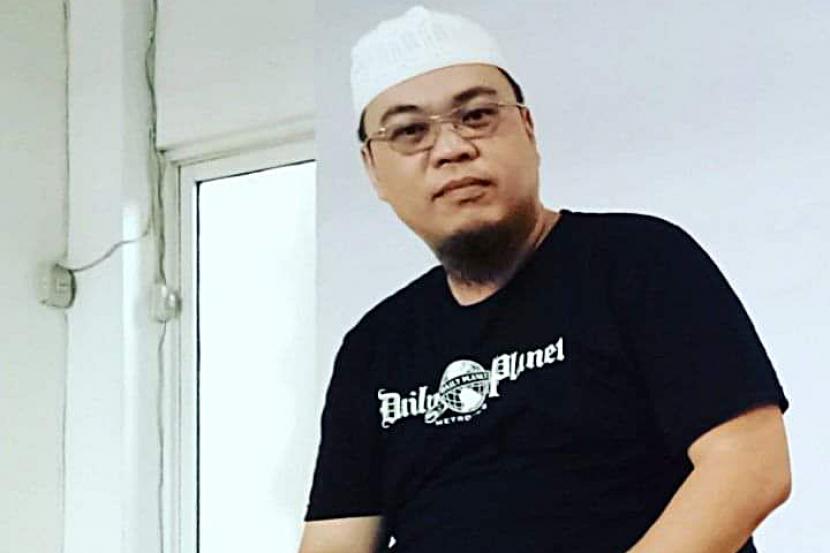

 Dr. Bilal Philips
Dr. Bilal Philips